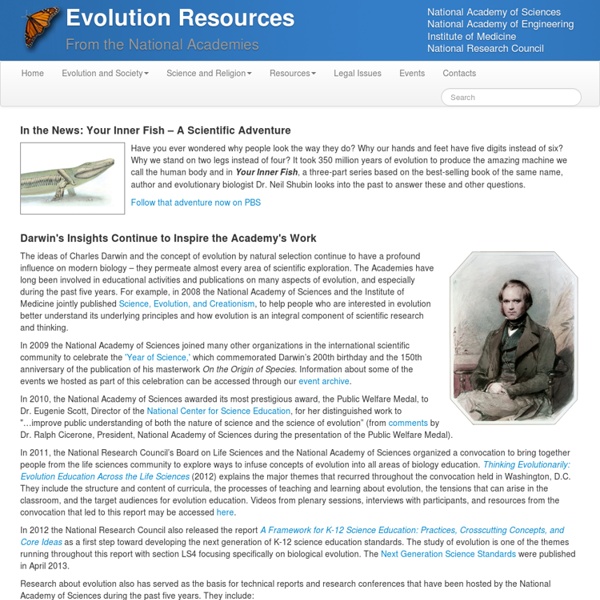The Illustrated Guide to Epigenetics
Illustrations by Joe Kloc This month marks the ten-year anniversary of the sequencing of the human genome, that noble achievement underpinning the less noble sales of 23andMe's direct-to-consumer genetic tests. To commemorate the scientific occasion, we've created an illustrated introduction to one subfield of genetics likely to produce even more dubious novelty science projects someday: epigenetics. What is epigenetics? Human life begins as a single cell equipped with all of the genetic information—known as the genome—it will need to develop into a full-grown adult. FIGURE 1: Through a process called mitosis, a single cell (A) splits into two cells (B) with identical genetic information. FIGURE 2: DNA coils around proteins called histones, forming a nucleosome. How does the epigenome work? Molecular "caps" called methyl groups can be attached to genes in order to effectively block them from giving instructions to the cell (FIGURE 3). Where do the different epigenomes come from?
Charles Darwin Spotlight | Learn Science at Scitable
Like so many great scientists, Charles Darwin was first drawn to science as a young boy by his intense interest in the diverse animals and plants that filled his surroundings. Later, despite his father's urgings to pursue a career in medicine, young Darwin found himself drawn to careful, empirical observation of nature, particularly through his cherished hobby of collecting beetles. His empirical instincts were further developed at the University of Cambridge through deep study under contemporary naturalists, such as John Stevens Henslow, founder of the Cambridge University Botanic Garden (1831), and through reading progressive philosophers, such as William Paley, author of Natural Theology (1802). By the time he was serendipitously invited to accompany Captain Robert FitzRoy on a voyage of the HMS Beagle, Darwin had become an astute and insatiable scientist, primed for significant discoveries. Who could have imagined how significant his discoveries would be?
International Darwin Day Foundation
Biodiversity Heritage Library
Current Book List General Index Search Charles Darwin's Library Charles Darwin’s Library is a digital edition and virtual reconstruction of the surviving books owned by Charles Darwin. This BHL special collection draws on original copies and surrogates from other libraries. It also provides full transcriptions of his annotations and marks. In this first release (2011) we provide 330 of the 1480 titles in his library, concentrating on the most heavily annotated books. more... How to use Charles Darwin's Library A Darwin’s Library transcription pane faces each page that Darwin marked or wrote notes on. Entries in the pane have line numbers, such as lines 5-7. In books scanned from Darwin’s personal copies you will see his writing. Click the banner to reach the Current Book List and the General Index. The pane uses a very few specialized terms and symbols: The transcription pane uses special characters to represent some elements of Darwin's annotations. Support United Kingdom United States
Origins
by Lucas Laursen Charles Darwin may have had his biggest impact on biology, but he began his scientific career as a geologist. So it’s appropriate that earlier this year, retired geologist John Ramsay, who had long studied the famed biologist’s life, accepted a commission to compose a Darwin-themed string quartet. Darwin “did some pretty fundamental geological mapping," says Ramsay, drawing a parallel to his own geological career, during which he has drawn maps of the Scottish Highlands, South Africa, and the Swiss Alps. At the beginning of the piece, a disorganized Earth takes shape, with the core, mantle, and crust emerging into distinct musical themes. Performed by the Fitzwilliam String Quartet, Ramsay’s composition premiered in Cambridge, U.K., during the Darwin Festival (Ramsay pictured above and Quartet playing pictured below) on 7 July 2009. When his tour was over, Ramsay had to decide between pursuing music or geology. And what would Darwin have thought of the composition?
The Beagle Project Blog: Pics in space
One of the most exciting science projects we plan to do aboard the new Beagle is to correlate ocean surface biological surveys with images of our position taken at the same time by our astronaut friends aboard the International Space Station. The premise of such a study got a big boost this week when Nature published special News Features and Commentaries on earth monitoring. The issue includes an essay by Stewart Brand of the Long Now Foundation. Way back in 1966 Brand promoted 'the idea of photographing the "whole Earth" from space, hoping that it would stimulate humanity's interest in its mega-habitat.' And oh, how it did. Two years later, in December 1968, Apollo 8 astronauts Frank Borman, Jim Lovell and William Anders became the first humans to leave Earth orbit and travel far enough away to see and photograph our fragile planet in the round. On Christmas Eve, they transmitted the first images of the whole Earth that anyone had ever seen.
The Beagle Project Blog: Brigs in Space! Beagle and NASA in transatmospheric link-up.
Well, folks, to say it's been a good week for the Beagle Project would be a bit of an understatement. First we had confirmation that we've been granted charitable status (and are therefore eligible to receive Gift Aid among other things); then we had a brilliant turnout at the House of Lords reception given for us by Lords Hunt and Livsey; but oh, how we've saved the best for last... The International Space Station as she flies above the ocean this summer. The HMS Beagle Trust are now the very proud owners of signed NASASpace Act Agreement. We're going to be working with NASA on a joint science, education and outreach programme centred on a direct link between the International Space Station and the new Beagle as she retraces the 1831-1836 voyage that carried a certain young naturalist around the world. You can read all the details in our press release. To celebrate, we've popped more than a few corks (though sadly none of them have made it into orbit ...yet). ~Karen and Peter



